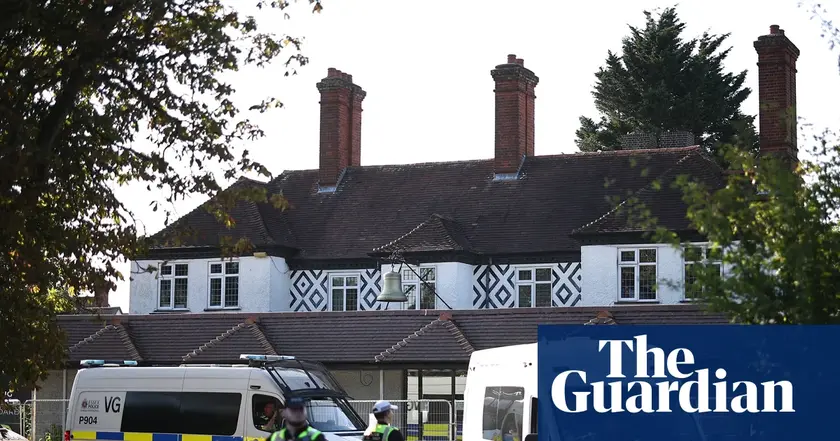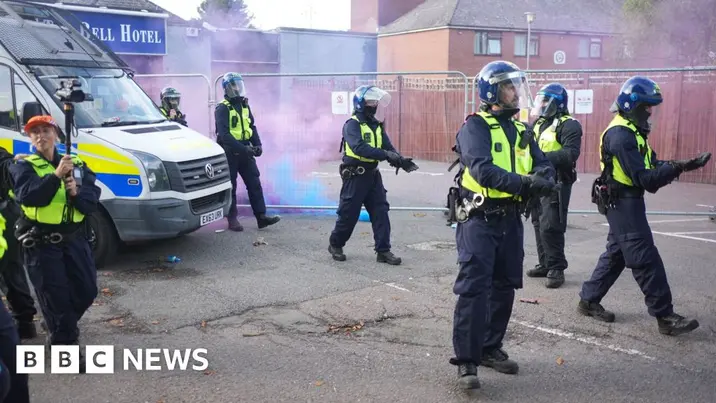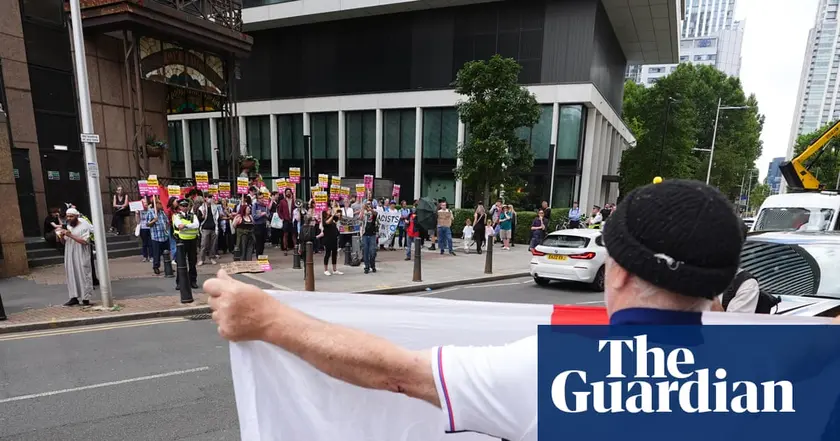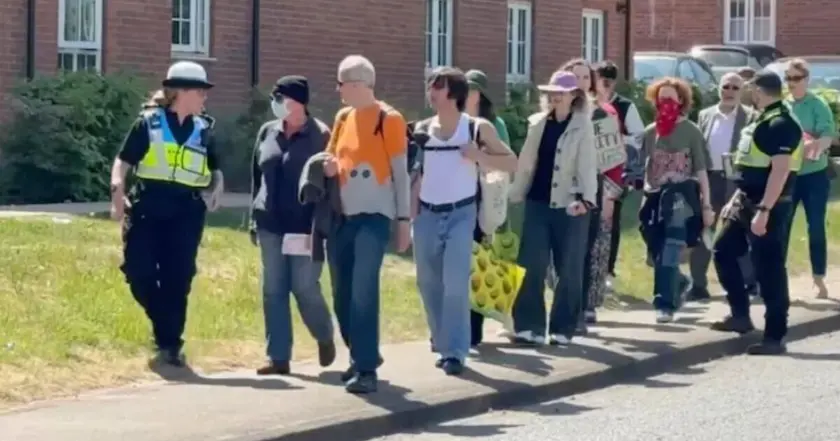T4K3.news
Council acts to close Bell Hotel
The council filed an interim injunction in the High Court to stop the Bell Hotel from housing asylum seekers until planning for a change of use is decided.

A legal move aims to stop the Bell Hotel from housing asylum seekers while a planning decision is awaited.
Council seeks court action to close Bell Hotel amid protests
The Epping Forest District Council has filed an interim injunction in the High Court to stop the Bell Hotel from housing asylum seekers until a change of use planning application is submitted and decided. The council argues the current use is not acceptable and cites safety and planning concerns linked to the hotel’s location near a school and residential streets.
Council leader Chris Whitbread and fellow councillors backed the motion to close the hotel, which received unanimous cross party support. The protest background has intensified in recent weeks, with police issuing dispersal orders as demonstrations continued outside the building. The hotel has become a focal point in a broader debate about how and where asylum housing should be located, ahead of a planned planning review.
Key Takeaways
"Enough is enough."
Council leader calling for immediate closure.
"No more asylum seekers should be accommodated there."
Whitbread on the use of the hotel.
"We are taking legal action against the private owners, who have no legal obligation to house asylum seekers."
Whitbread on the court move.
Local authorities are increasingly using planning tools to manage where housing for migrants fits into communities. This case tests whether planning rules can be invoked quickly to pause a controversial use while governments at different levels clash over policy. If the courts side with the council, it could set a precedent for other towns facing similar pressure. If not, residents may feel the system failed to shield them from disruption.
Beyond the legal fight, the episode highlights a broader political fault line. A national party leader visiting protests signals how migration and housing become touchstones in national discourse, shaping how local officials frame their next moves. The police presence and dispersal orders underscore the volatility around the issue and the risk of escalation whether there is stronger legal clarity or political mediation.
Highlights
- Enough is enough
- No more asylum seekers should be accommodated there
- We are taking legal action against the private owners
Political and community backlash risk
The case sits at the intersection of local politics, housing policy, and public sentiment. Legal action could provoke protests, political backlash, or pressure on budget and resources as authorities respond to residents and asylum seekers.
The next hearing will test how communities balance safety with humanitarian policy.
Enjoyed this? Let your friends know!
Related News

Court weighs injunction against Bell hotel asylum housing

Judiciary halts new arrivals at Epping asylum hotel

Protests escalate outside Epping asylum hotel

Protests escalate at Epping asylum seeker hotel

Tommy Robinson's Support Network Exposed

Six arrested in Epping protests against asylum seekers

Home Office penalizing asylum seekers refusing relocation

New protest against male-only asylum hotel plans
